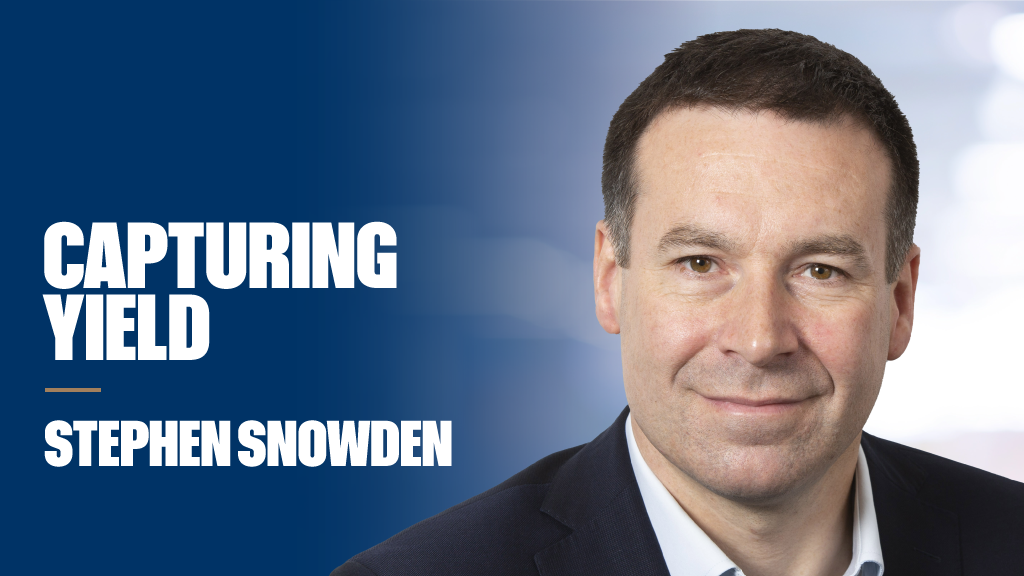There is continuing concern about what’s going on in Europe, and globally, but it’s becoming a little bit ridiculous. There is so much focus on volatility and people wanting to preserve their capital in the short term that investment opportunities are being lost or ignored.
Fads not fundamentals
Investors talk about having two or three-year investment time horizons but increasingly we have seen everyone focus on the latest news event and investment behaviour is being shaped by this, rather than fundamentals.
But whether it’s the French elections or the Netherlands budget, or whatever comes next, markets and investors have lost their sense of perspective. They have become so risk averse that they are ultimately losing out.
In fixed income, for instance, everyone is huddling around the same names. That way, if there is a short-lived downdraft, they will better preserve capital, even if we are only talking about a few basis points at stake, and perform similarly to their peers. But if they were to look to the medium term they could achieve much better returns.
Why hold a two-year German Bund yielding 12 basis points when you can own a two-year Italian government bond yielding 3.3%? Is Italy really going to default within the next two years?
People are forgoing investment return for short-term capital preservation. It is short-sighted and not in investors’ interests. Professional investors seem to be scared of having to go out to clients and say: ‘You were down over the past couple of months’. But the time horizon should be much longer than that. Being down a few basis points over a month should not matter if you are up several per cent over a year. Unfortunately, many investors seem to have forgotten this.
Globally, economic powers recognise the importance of Europe as the world’s largest economic trading bloc and they will do as much as they can to prevent it from failing. Recently, China and Japan agreed to provide more funding to the IMF to help with the debt crisis and this demonstrates their commitment to helping resolve the crisis.
Attractive valuations
Realistically, it is very unlikely that Europe is going to break up. Yes, there is some tail risk and that is making people act irrationally, making emotions override the fundamentals.
Greece is clearly not out of the woods and there is some question domestically about the political will to change. But there is now a lot of external involvement from international bodies, which are there to help with collecting taxes, public administration and to make sure the country does what it has agreed to do to get on a sound financial footing.
Fundamentally, Europe remains cheap compared to other areas. If something detrimental happens to Europe, it will be detrimental to the whole world – markets everywhere will trade off. On that basis, European valuations are attractive in the medium term.
Looking at all this in the context of high yield, there is likely to be some further volatility in the short term but I still expect the asset class to deliver double-digit returns this year. When you get risk-off periods, high yield will sell off – that tends to be the nature of it – but you should not be concerned about what will happen in the next two months. What will happen in the next two years is more important and on that basis there are strong fundamental reasons to like high yield.
Many corporates remain in a solid financial position, with strong balance sheets and little refinancing risk. With economic growth looking sluggish at best, high yield is in a strong position.











